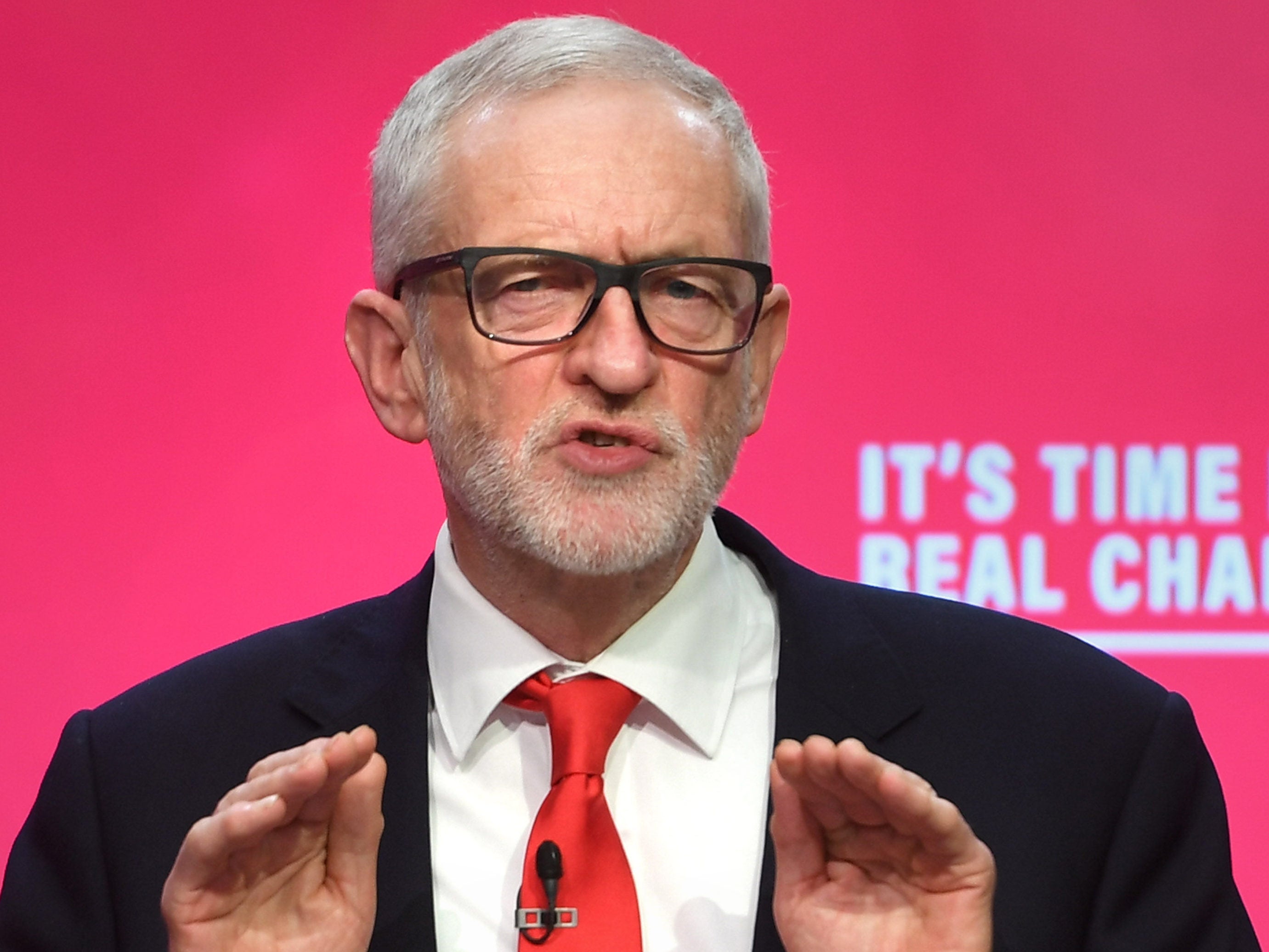
Labour has promised to hold an inquiry into “fake news” and take action against the Duopoly’s “monopolistic hold” on the digital advertising market if Jeremy Corbyn is voted in to power next month.
The party’s manifesto, published this morning, said it plans to consult media sector workers and trade unions before establishing an inquiry into “’fake news’ undermining trust in media, democracy and public debate”.
The inquiry would also look into the “legal right of public interest defence for journalists”, the manifesto states.
The pledge comes after the Digital, Culture, Media and Sport Committee carried out a two-year inquiry into disinformation and “fake news” and published its final report on the matter in February.
MPs recommended the Government put pressure on social media companies to publicise any instances of disinformation, that the competition watchdog carried out an audit of the advertising market, and for a new online code of ethics to be overseen by a new regulator.
At the Labour manifesto launch in Birmingham this morning, Corbyn was forced to quell boos from the crowd when BBC political editor Laura Kuenssberg was called on to ask a question.
“No, no, no sorry, we don’t do that. All journalists will be heard with respect,” he said, generating applause.
Labour did not give a clear commitment to carry out part two of the Leveson Inquiry, but said it would “address misconduct and the unresolved failures of corporate governance” that it claimed the inquiry had raised.
The Liberal Democrats pledged to proceed with Leveson Two in their own manifesto, published yesterday.
The second part of the 2012 inquiry was due to look into unlawful conduct within media organisations as well as relations between police and the press but was put on hold until all criminal investigations had concluded.
MPs narrowly voted against carrying out part two of the inquiry in May last year.
Outlining its media policies, Labour went on: “We will take steps to ensure that Ofcom is better able to safeguard a healthy plurality of media ownership and to put in place clearer rules on who is fit and proper to own or run TV and radio stations.
“We will take action to address the monopolistic hold the tech giants have on advertising revenues and will support vital local newspapers and media outlets.
“We will consult media-sector workers and trade unions to establish an inquiry into the ‘fake news’ undermining trust in media, democracy and public debate, and on a legal right of public interest defence for journalists.”
The party also pledged to extend freedom of information laws to cover private providers of public services, as called for by Information Commissioner Elizabeth Denham.
It would also set new standards of consistent disclosure practice and end the six-month time limit in which the Information Commissioner can prosecute the deliberate destruction of public records, the manifesto says.
Labour also said it would protect free TV licences for the over-75s and promised a “healthy future for all our public service broadcasters”.
“A free and fair press is vital to protecting democracy and holding the powerful to account,” the party said.
The Lib Dem manifesto pledged to introduce a “Leveson-compliant regulator to be given oversight of both privacy and quality, diversity and choice in both print and online media”.
Currently Impress is the only regulator judged to meet criteria under the Royal Charter on Self-Regulation of the Press by the Press Recognition Panel. The Independent Press Standards Organisation, which regulates the vast majority of UK news and magazine titles, has said it is not seeking Royal Charter recognition.
Jo Swinson’s party also wants to “mandate the provision of televised leaders’ debates in general elections, based on rules produced by Ofcom”.
The Lib Dems and SNP attempted to sue ITV after it excluded their leaders from its head-to-head debate between Boris Johnson and Jeremy Corbyn on Tuesday.
However High Court judges said the format of the debates was a matter of “editorial judgment”, finding there was “no arguable breach of the Broadcasting Code”.
The Lib Dems also said they would “expect the BBC both to provide impartial news and information, and to take a leading role in increasing media literacy and educating all generations in tackling the impact of fake news”.
They would also want to work with the BBC to enable it to invest in the World Service so it can reach more people globally with “independent and trusted news”.
Regarding press freedom, the party said it would provide funding to UNESCO’s programme for the development of communications to protect journalists and combat the “impunity granted to those who attack reporters on the frontline”.
Picture: Joe Giddens/PA Wire
Email pged@pressgazette.co.uk to point out mistakes, provide story tips or send in a letter for publication on our "Letters Page" blog
